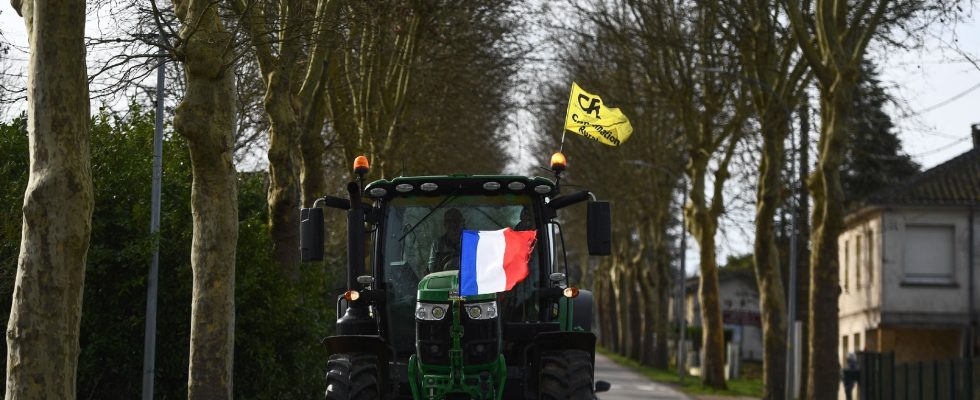A thorny problem, a simple solution. Sad reflex. As the agricultural crisis that has been brewing for months comes to light, the media conversation has found an ideal culprit: free trade. Or rather this string of bilateral agreements signed over the last decade between the European Union and Canada, Japan, New Zealand, Chile and even Vietnam… Never again, insists the new tenant today by Matignon who trumpets that France will oppose the signing of the Mercosur treaty, under discussion since 2019 and which should liberalize trade – under certain conditions – between Europe and the heavyweights of Latin America.
If Europe has long sinned through naivety and dogmatism, free trade is not the source of all our ills. And in particular those of French farmers. An example: the Comprehensive Economic and Trade Agreement (Ceta), the agreement signed between the EU and Canada in the fall of 2016. At the time, there was the same fear from part of the agricultural world, fearing an invasion of cattle. to Canadian hormones. The surge did not take place. The opposite has even happened since the signing of the famous agreement, European deliveries of agricultural products to Canada have jumped by 68%. With two big winners, the wine and spirits sector and the dairy products sector.
The statistics are stubborn. In reality, over the last fifteen years and while these bilateral treaties have multiplied, the European trade surplus in the agricultural sector has increased considerably. With one exception, France, which hardly benefited from it. Worse, the balance of the tricolor agricultural balance with the rest of the countries of the European Union has even become crimson red. As if “Ferme France” had lost muscle compared to its European neighbors – and competitors, even though the country remains the first recipient of aid from the common agricultural policy (CAP).
In question, this CAP which over the course of reforms has become less and less common. Its latest version allowing a form of adaptability of rules and objectives depending on the country has even accentuated a form of unfair competition within the Union itself. And here are the hypercompetitive Spanish strawberries and tomatoes flooding onto our stalls, like Dutch pork, Polish chicken or Belgian potatoes… Paradoxically, it is not less Europe that is needed for French agriculture, but more and above all better from Europe.
